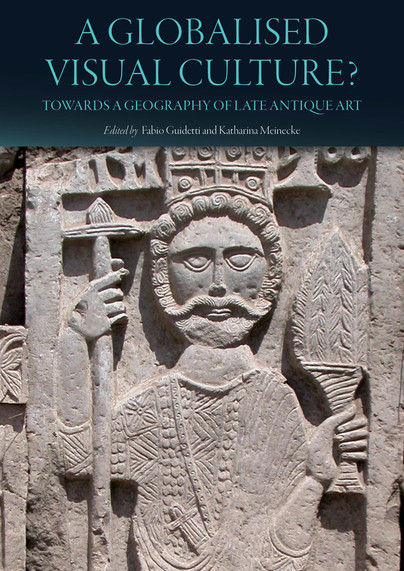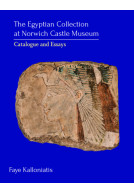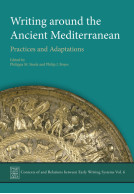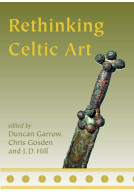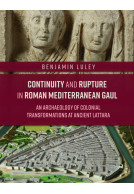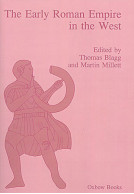A Globalised Visual Culture? (Hardback)
Towards a Geography of Late Antique Art
Imprint: Oxbow Books
Pages: 416
Illustrations: Colour illustrations
ISBN: 9781789254464
Published: 15th July 2020
Script Academic & Professional
Pages: 416
Illustrations: Colour illustrations
ISBN: 9781789254464
Published: 15th July 2020
Script Academic & Professional
You'll be £50.00 closer to your next £10.00 credit when you purchase A Globalised Visual Culture?. What's this?
+£4.99 UK Delivery or free UK delivery if order is over £40
(click here for international delivery rates)
Order within the next 1 hour, 54 minutes to get your order processed the next working day!
Need a currency converter? Check XE.com for live rates
(click here for international delivery rates)
Order within the next 1 hour, 54 minutes to get your order processed the next working day!
Need a currency converter? Check XE.com for live rates
Late Antique artefacts, and the images they carry, attest to a highly connected visual culture from ca. 300 to 800 C.E. On the one hand, the same decorative motifs and iconographies are found across various genres of visual and material culture, irrespective of social and economic differences among their users – for instance in mosaics, architectural decoration, and luxury arts (silver plate, textiles, ivories), as well as in everyday objects such as tableware, lamps, and pilgrim vessels. On the other hand, they are also spread in geographically distant regions, mingled with local elements, far beyond the traditional borders of the classical world. At the same time, foreign motifs, especially of Germanic and Sasanian origin, are attested in Roman territories. This volume aims at investigating the reasons behind this seemingly globalised visual culture spread across the Late Antique world, both within the borders of the (former) Roman and (later) Byzantine Empire and beyond, bringing together diverse approaches characteristic of different national and disciplinary traditions. The presentation of a wide range of relevant case studies chosen from different geographical and cultural contexts exemplifies the vast scale of the phenomenon and demonstrates the benefit of addressing such a complex historical question with a combination of different theoretical approaches.
Customers who bought this title also bought...
Other titles in Oxbow Books...







